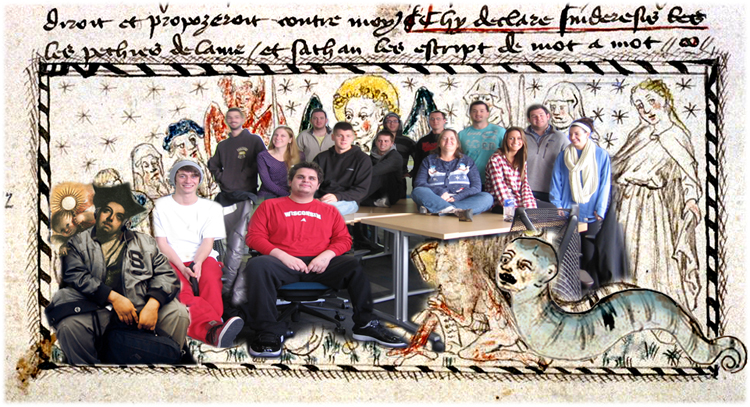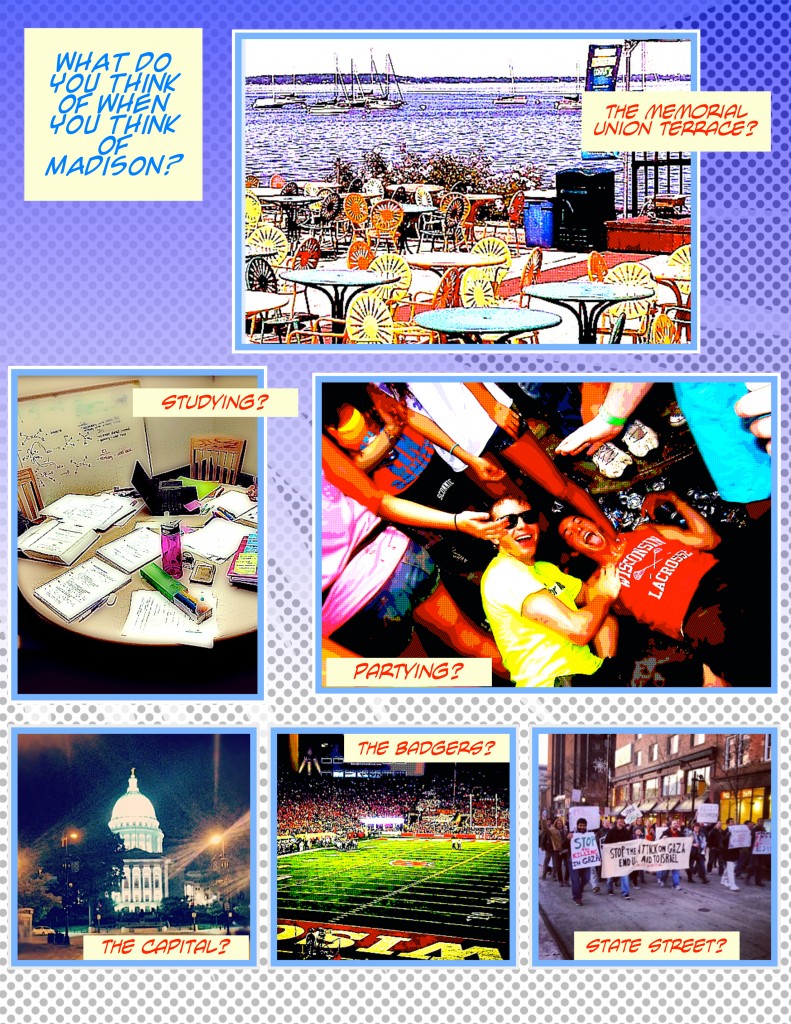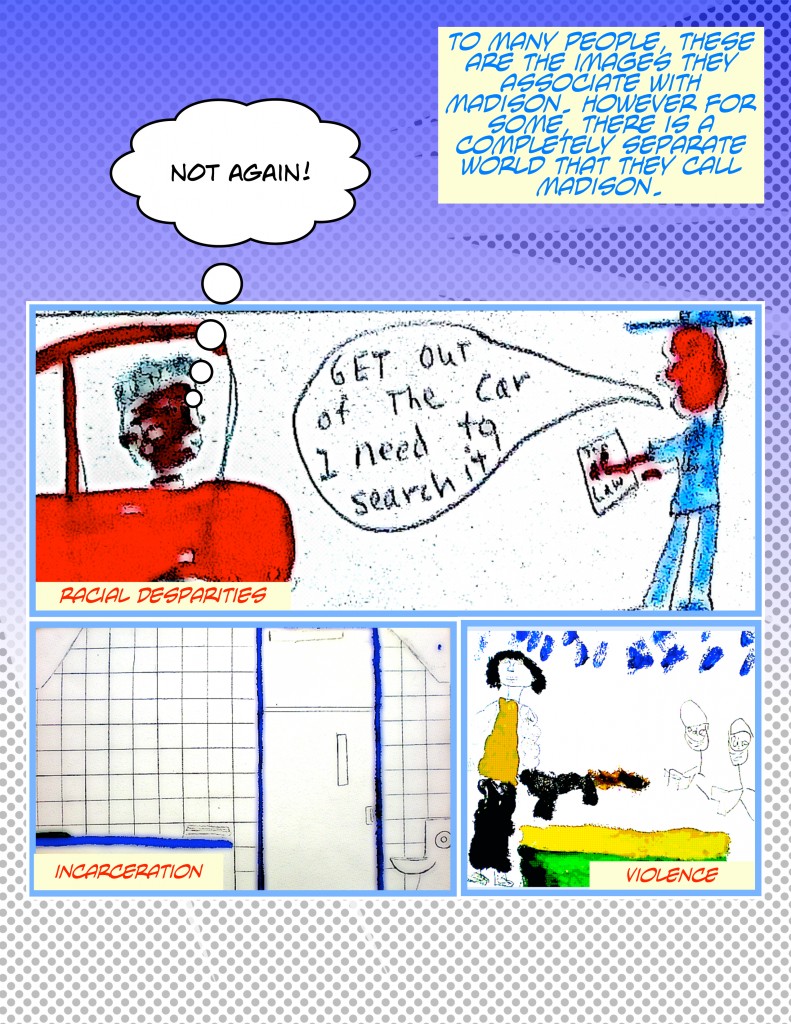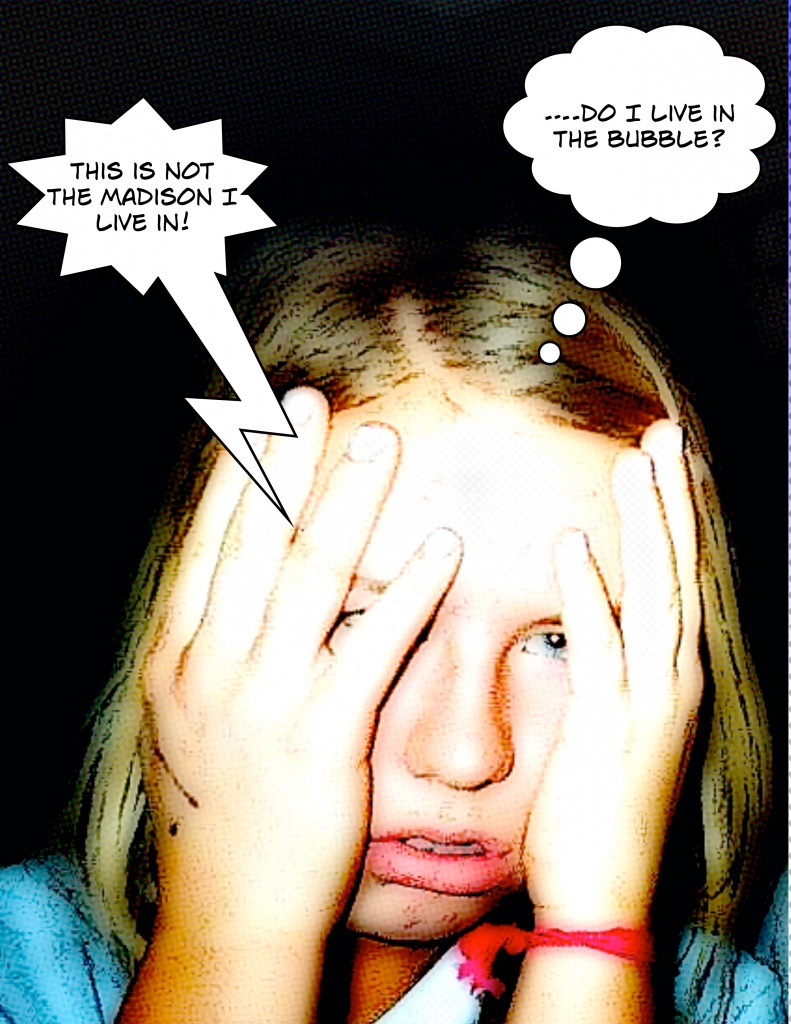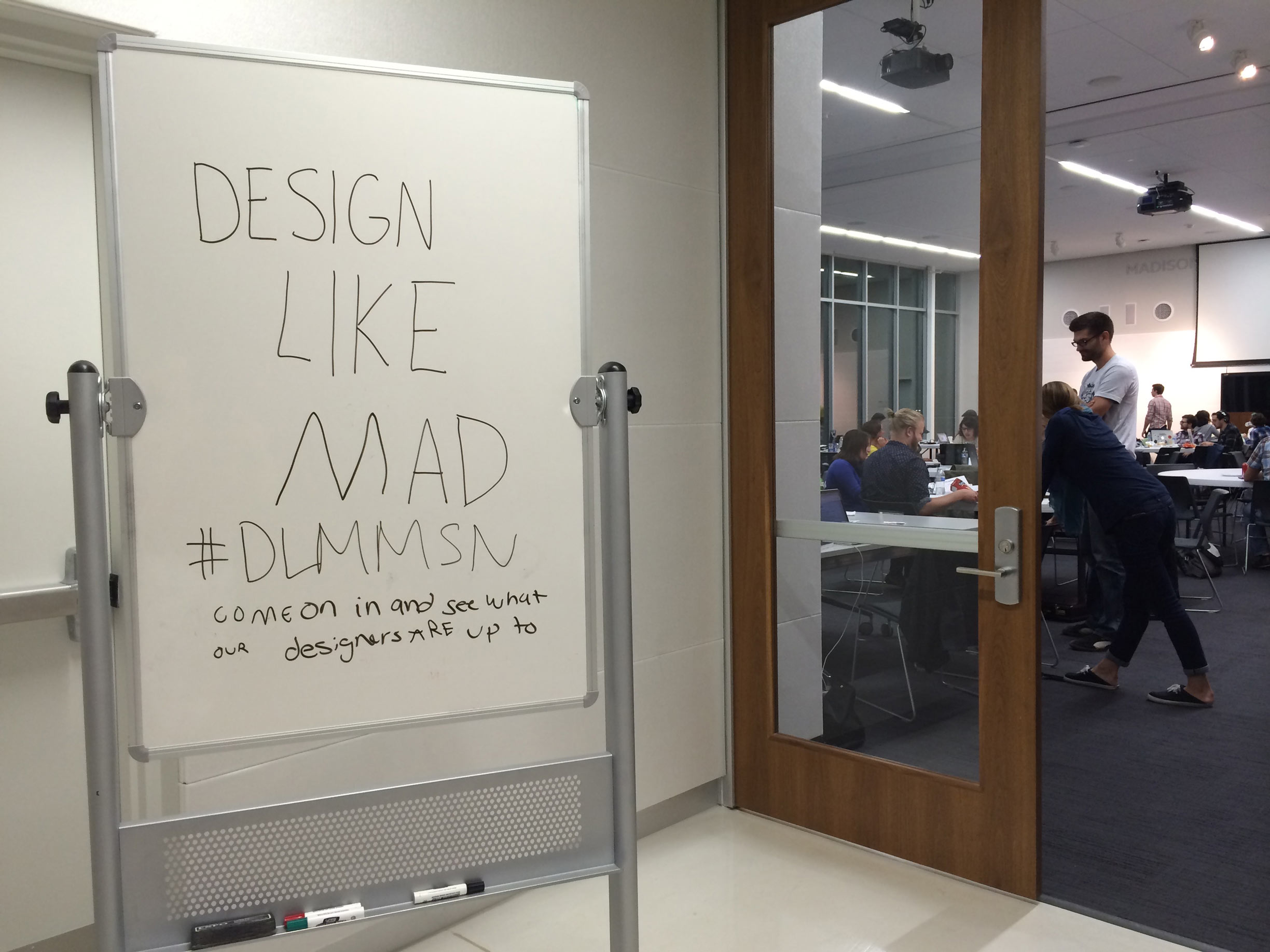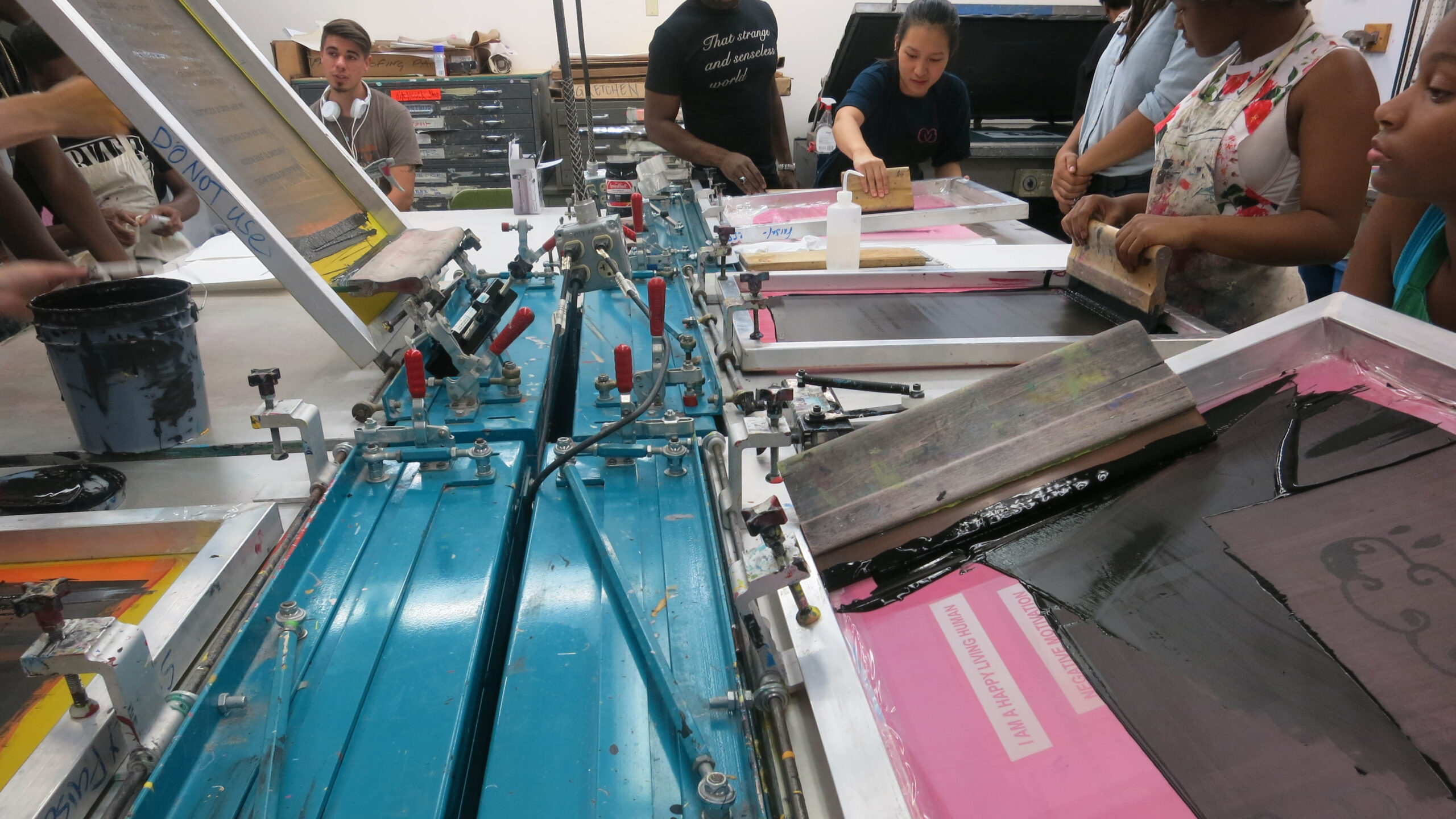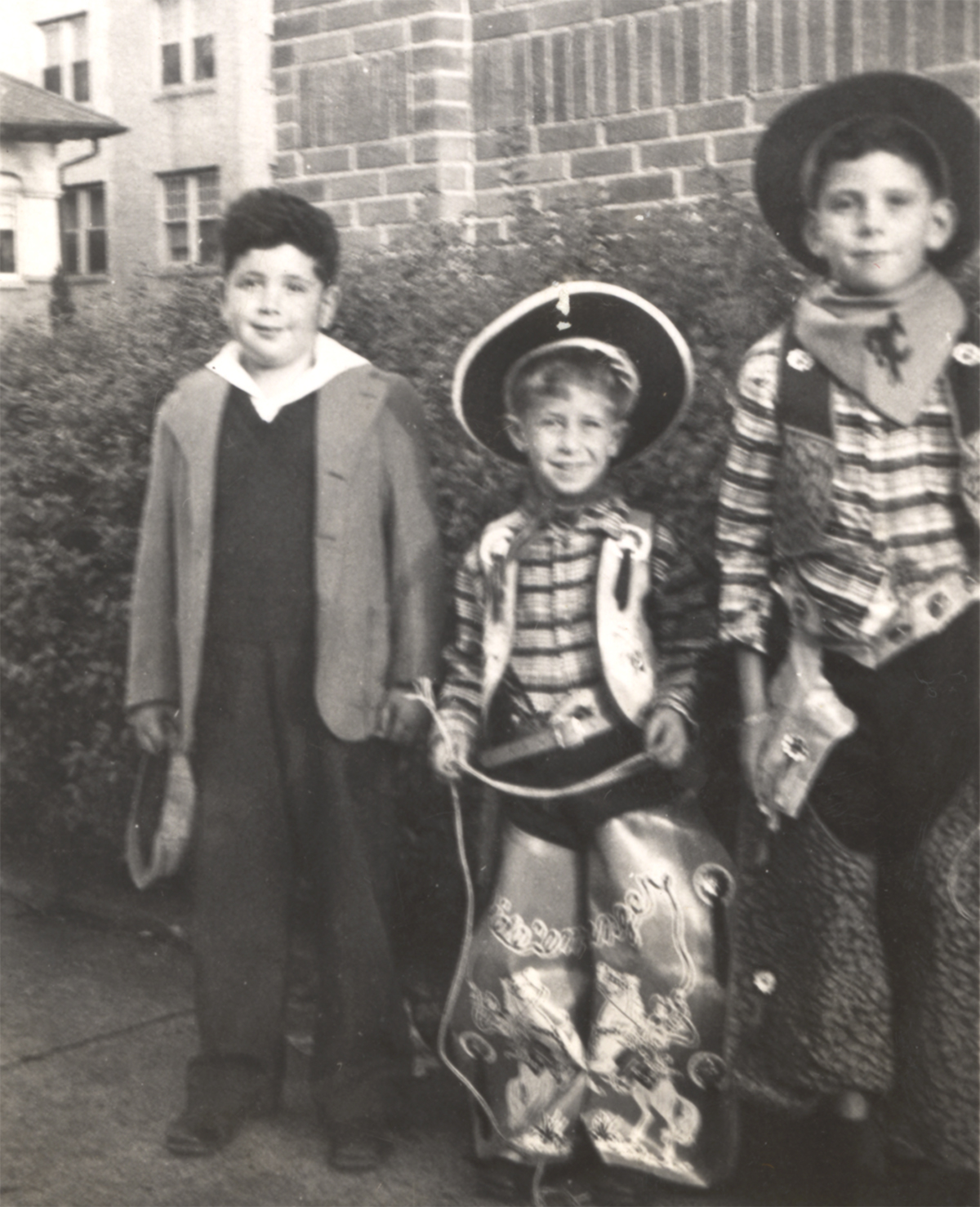I applied to Design Like Mad for production assistance with the Madison Public Library website…
looking beyond the law’s letter
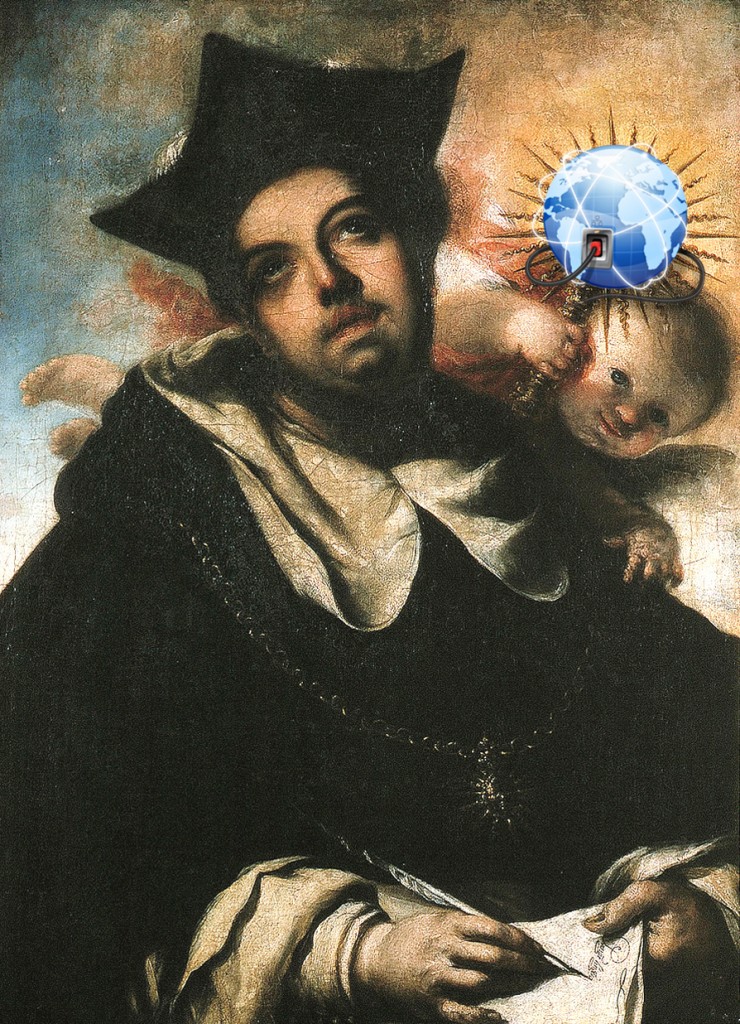
In some cases the observance of [the] law is against the equality of justice and against the public good…In such cases it is evil to abide by the law as it stands, and good to overlook the words of the law, and follow the course that is dictated by regard to justice and public expediency. And this is the end of equity.
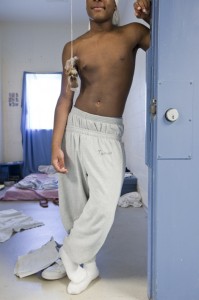
In my UW-Madison service learning course Looking Beyond the Law’s Letter, students connect with minority youth whose families, communities and personal lives are entangled with the justice system. Equity–the prerogative to set aside the law’s letter–is a constitutionally vested power that underpins the juvenile justice system and community-based interventions to deter delinquency. Described by Saint Thomas Aquinas as a virtue that sustains the public good, equity is associated with the best and the worst discretionary practices in the juvenile justice system.
Minority youth in Wisconsin’s justice system face some of the worst racial disparities in the nation, according to a 2011 report of the Wisconsin Council on Children & Families. African American, Latino, and Native American youth are much more likely to be detained, charged and found delinquent than white youth referred for similar offenses. Dane County, home to UW-Madison, handles the state’s second largest youth caseload. Disorderly conduct is the primary criminal allegation that brings youth in contact with the system; serious or violent offenses are less than five percent of arrests. Teens who matriculate to the adult criminal justice system, which has jurisdiction over all 17-year-olds in Wisconsin, face a lifetime of discrimination in employment, housing, education, public benefits, voting and jury rights.
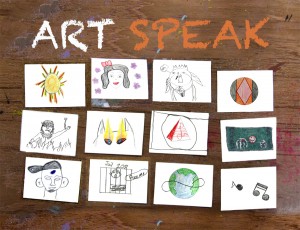
To better comprehend these challenges, my students looked beyond the law’s letter, engaging with equity, experiential learning, and digital technologies. Expressive art workshops were organized to mobilize the critical insights of court-involved teens, in collaboration with the Dane County Juvenile Court Program, and community organizations working to ameliorate the impact of the justice system, particularly ArtSpeak/Community Partnerships. Teens and undergraduates collaboratively generated powerful visual and verbal statements, which evolved as blogs, digital comics, audio slideshows, and videos. They will be combined as a multimedia introduction to juvenile justice for teens caught up in the system.
